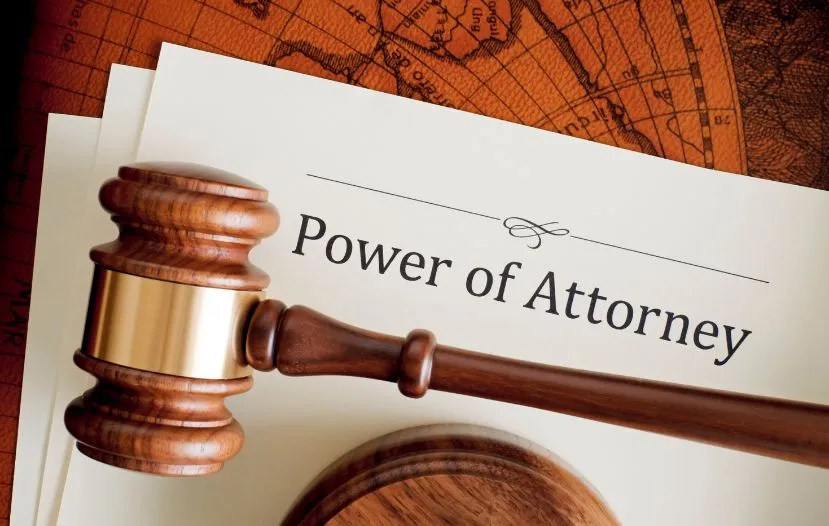
A Power of Attorney (POA) is a legal document that empowers an agent or attorney-in-fact, to make decisions on your behalf when you cannot do so. Your inability to make decisions can stem from various reasons like illness, disability, incapacity, or even extended absence. A POA may then be created to ensure that your affairs are in order even after your incapacitation, in accordance with your wishes. Let us jump right into this blog post, where we cover everything about POA, the dangers that may lurk, and how you can sidestep them.
As mentioned before, a Power of Attorney (POA) is a legal document that grants another person, known as your agent or attorney-in-fact, the authority to act on your behalf in specific matters. Depending on the terms outlined in the POA, the authority can be broad or limited:
General Power of Attorney: This grants your agent broad authority to manage your affairs, including financial matters, property transactions, and legal decisions.
Durable Power of Attorney: This type of POA remains valid even if you become incapacitated, ensuring that your agent can continue to act on your behalf.
Medical Power of Attorney (Healthcare Proxy): This specifically empowers your agent to make healthcare decisions on your behalf if you are unable to do so.
Special Power of Attorney: This grants your agent authority to handle specific tasks or matters, such as selling a particular property or managing a specific financial account.
An agent or attorney-in-fact has the authority to make decisions on your behalf in case you are not in a position to do so. Illnesses of a physical or mental nature can rock your boat when it comes to making important decisions. So, a POA may ensure your finances, property and legal matters are handled by someone you trust.
An extended absence due to traveling or staying abroad or any other reason may also make it difficult for you to handle your affairs. An agent appointed by you can make decisions on your behalf such as paying bills, managing investments, signing contracts, and making medical decisions. This can provide peace of mind knowing that your affairs are being taken care of, even if you're unable to participate.
And finally, a POA can be a part of your estate planning to guarantee your assets are being distributed according to your wishes, should you be incapacitated to do so.
Assigning the Power of Attorney to an agent is a smart way to help your affairs stay in order when you are not in the position to look after them. But it is unwise to turn a blind eye to the dangers associated with the use of its document:
Misuse of Authority: Power corrupts and absolute power corrupts absolutely. The Power of Attorney may pose a risk to your interests as your agent may misuse their authority for personal gain. This could include financial exploitation, property mismanagement, or making decisions contrary to your wishes.
Financial exploitation: Agents may misuse their authority to make unauthorized purchases, transfer funds to their accounts, or forge checks.
Property mismanagement: Agents may neglect their duties to maintain the principal's (the person who grants the POA) property by failing to pay property taxes, making repairs, or renting out at a fair market value.
Coercion: The misuse of authority may extend to coercing the principal into making decisions that aren’t in the principal’s best interests such as giving them gifts or changing their will.
Fraud: Agents may forge documents or misrepresent their authority to deceive the principal.
Now, that you know the potential risks associated with designating the POA, you can take several measures to safeguard your interests. Select a trustworthy agent who you know and monitor their activities regularly. Another good practice is to review and update your POA periodically to ensure it aligns with your current wishes.
A Power of Attorney (POA) can be quite a powerful tool in your arsenal that will help you continue your affairs in challenging circumstances. Be careful in choosing your agent and regularly monitor and update them to be sure they’re acting in your interests. And if you need legal help regarding drafting your POA or any problems that may arise, JJ TAX is here to help. Get in touch with our team of attorneys who work around the clock to protect your interests. Book a call today!

